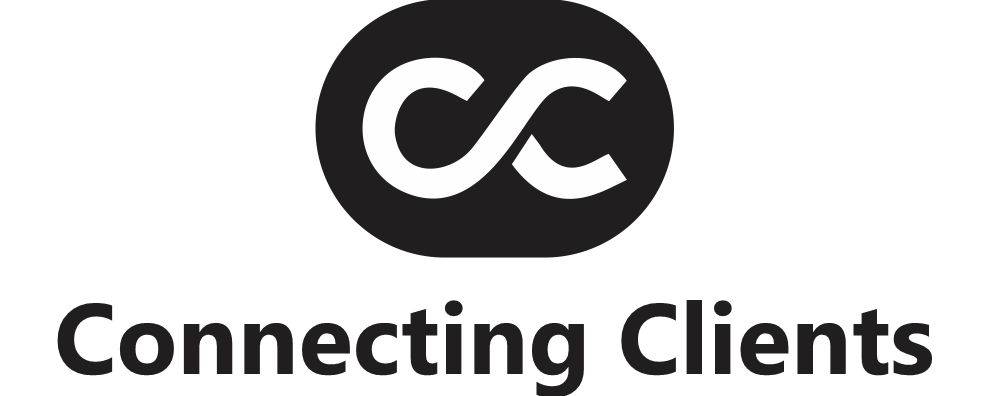Inflationsprämoe: Understanding Germany’s Inflation Compensation Bonus
The cost of living in Germany has seen some dramatic shifts over the past few years. Rising energy bills, food prices, and overall inflation have left many households struggling to balance their budgets. To help employees cope with these challenges, Germany introduced the Inflationsprämoe — a special tax-free bonus designed to provide financial relief.
If you’re wondering what this bonus is, how it works, and whether you qualify, this guide will break down everything you need to know.
What Is the Inflationsprämoe?

The term Inflationsprämie, also known as Inflationsausgleichsprämie, translates to inflation compensation bonus in English.
It’s a voluntary, tax-free payment that employers can give their employees to help offset the rising costs caused by inflation. This bonus is completely exempt from income tax and social security contributions, making it far more valuable than a regular salary increase.
Key facts:
- Maximum amount: €3,000 per employee
- Payment period: October 26, 2022 – December 31, 2024
- Must be paid in addition to regular wages
- Can be paid all at once or in installments
This initiative was part of Germany’s Third Relief Package, launched during the height of the energy and food price crisis.
Quick Reference Table
| Topic | Key Details |
|---|---|
| English Translation | Inflation compensation bonus |
| Maximum Bonus | €3,000 per employee |
| Payment Window | Oct 26, 2022 – Dec 31, 2024 |
| Current Inflation Rate | ~2.1% (Aug 2025) |
| Average Payout | €2,761 per employee |
| Total Distributed | €50 billion |
Why Was It Introduced?
In late 2022, Germany faced skyrocketing costs:
- Energy prices surged by 43.9%
- Food prices jumped by 18.7%
These historic increases were fueled by global supply chain disruptions and the energy crisis in Europe. The Inflationsprämie was introduced as a temporary measure to prevent wage inflation while still supporting workers.
Inflationsprämoe and Your Salary

The Inflationsprämie is not a government handout. Instead, it’s paid directly by employers who choose to participate.
Unlike a normal raise, this bonus:
- Does not increase your taxable income
- Does not affect social security contributions
- Can be distributed flexibly — monthly, quarterly, or as a lump sum
According to a report from the Statistisches Bundesamt, about 78% of workers covered by collective agreements received this bonus, with an average payout of €2,761 per employee. In total, German companies distributed over €50 billion through this program by mid-2024.
Inflationsprämie 2022: The Start of the Program
The bonus was officially introduced on October 26, 2022.
From the very beginning, it gained traction among employers looking for ways to support their teams during the most challenging phase of the inflation spike.
Some companies paid the full €3,000 immediately, while others spread payments across 2023 and 2024. The flexibility of this system encouraged wide participation.
How It Works: Employer Perspective
For companies, this bonus was a cost-effective alternative to permanent salary increases. Since the payment is tax-free, every euro goes directly to the employee, making it a highly efficient way to boost morale and financial well-being.
Employers must ensure:
- The payment is clearly marked as an inflation compensation bonus in payroll documents.
- It is additional pay, not a substitute for contractual wages.
- It is paid within the eligible timeframe (by December 31, 2024).
Current Inflation in Germany
As of August 2025, Germany’s year-over-year inflation rate stands at around 2.1%–2.2%, according to Reuters.
While this is significantly lower than the peak levels of 2022, the core inflation rate — which excludes volatile items like energy and food — remains slightly higher at 2.7%.
This gradual return to stability has reduced pressure on household budgets, but many families are still feeling the effects of past price increases.
Benefits of the Inflationsprämie
For employees:
- Higher take-home pay without extra tax burden
- Flexibility to cover increased living expenses
- Immediate financial relief during economic turbulence
For employers:
- Retain talent without long-term salary commitments
- Improve workplace morale
- Enhance the company’s reputation as a supportive employer
Limitations and Challenges
While the program has been successful, it’s not without limitations:
- It’s voluntary, meaning not every employee receives it.
- It ends on December 31, 2024, with no current plans for extension.
- Some small businesses may struggle to afford full payouts.
Final Thoughts
The Inflationsprämie has been a lifeline for millions of German workers during a period of unprecedented inflation. By providing up to €3,000 tax-free, it helped families weather rising costs without adding to the long-term financial burden of businesses.
As inflation continues to stabilize, the bonus will phase out — but its success has set a new precedent for how Germany can respond to future economic shocks.
If you’re an employee, check with your HR department to see if your company plans to issue this bonus before the December 31, 2024 deadline. It’s a valuable opportunity to boost your financial resilience in challenging times.
FAQs
1. Who is eligible for the Inflationsprämoe?
Any employee in Germany can receive it, but only if their employer chooses to offer it.
2. Does the bonus affect unemployment benefits?
No, since it’s tax-free and not part of regular wages.
3. Can employers pay less than €3,000?
Yes. Employers can choose any amount up to €3,000.






